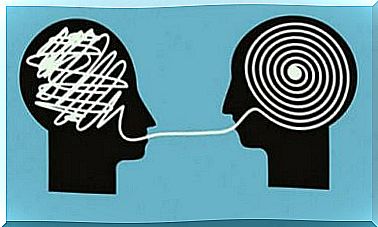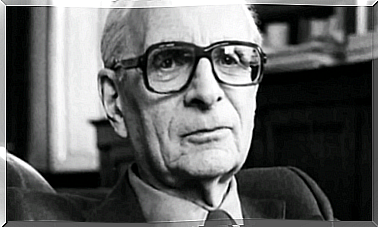Sacred Values: Things That Are Difficult To Put A Value On

We all have ideas or things that are important to us. Some of these things are so important to us that we give them a special value. The value becomes greater when more people appreciate it. Sometimes it becomes difficult to quantify or exchange the things we appreciate. We call these things that are difficult to value, or that feel intangible, “sacred values.”
Our sacred values must be respected and preserved by others. When something has a sacred value, it also becomes our responsibility to live by that value. This value is not comparable to others. It becomes impossible to exchange this value for things that are tangible and things that are not.
How are sacred values created?
There are many ways an object or an idea can become a sacred value. There are two processes that make things sacred to a large group of people sacred. Both processes begin with a perception of a threat.

In the first process , quarrels between two opposing groups can threaten something idealistic. That threat will make the group see it as something more important, which makes it a ritual, and thus turns it into a sacred value. This process divides the world into two, the sacred and the profane. The sacred value unites us with those in our group while separating us from the opposing group.
On the other hand, in the second process, the greater the threat, the more rituals the group members will perform. These rituals are related to the sacred value. The members of the group will perform these rituals more and more often, which will make them more cohesive. These rituals can also create norms for the group.
What effect do these sacred values have?
Sacred values have an influence on the choices we make. Any choice that threatens or goes against our sacred values will be rejected, whether that decision is wrong or unproductive. Sacred values introduce moral perceptions, which imply rules for how one should behave. They tell us what is right and wrong.
Therefore , we strongly defend our sacred values and we use psychological strategies to do so. Some of these strategies include moral rage and purification. Moral rage refers to experiencing cognitive, emotional, and behavioral aversion to values that go against your sacred values. On the other hand, moral purification consists of doing symbolic things that affirm our devotion to the sacred value.

The benefits of sacred values
We usually like to look at our behavior as rational and that we make decisions by weighing the cost against the benefits. In fact, many of our decisions are governed by our beliefs and what we see as right and wrong. Something similar happens when it comes to our sacred values. While it is rational to omit our sacred beliefs from our decision-making process, we simply will not do so.
Despite this , sacred values have an advantage from an evolutionary perspective. For example, we can not sell a sacred value. Not everything is for sale. This resistance makes us more supportive of people who share our values.
In the same way , sacred values are timeless. They are always important, independent of events that happened thousands of years ago. Therefore, we maintain devotion to that value along with other peoples who share our sacred values.

Jerusalem as a sacred value
We can find a current example in Jerusalem. This ancient city, disputed by Palestinians and Israelis, has become a sacred value to both groups. Both Israelis and Palestinians view Jerusalem as a critical part of their identity. Since Jerusalem is a sacred value, it is not even an option to pay to get the city.
When President Donald Trump recognized Jerusalem as the capital of Israel, he threatened the city’s status. The Palestinians saw this as a threat to one of their sacred values. Therefore, they rejected this idea, which has resulted in violence.
The only thing Donald Trump did was continue the conflict. If he wanted to resolve the conflict, this was certainly not the way to do it. On the other hand, one way of resolving unresolved conflicts is to recognize potential symbolic licenses without any material benefits. The symbolic licenses must recognize the values of the other group and also let their voices be heard.









